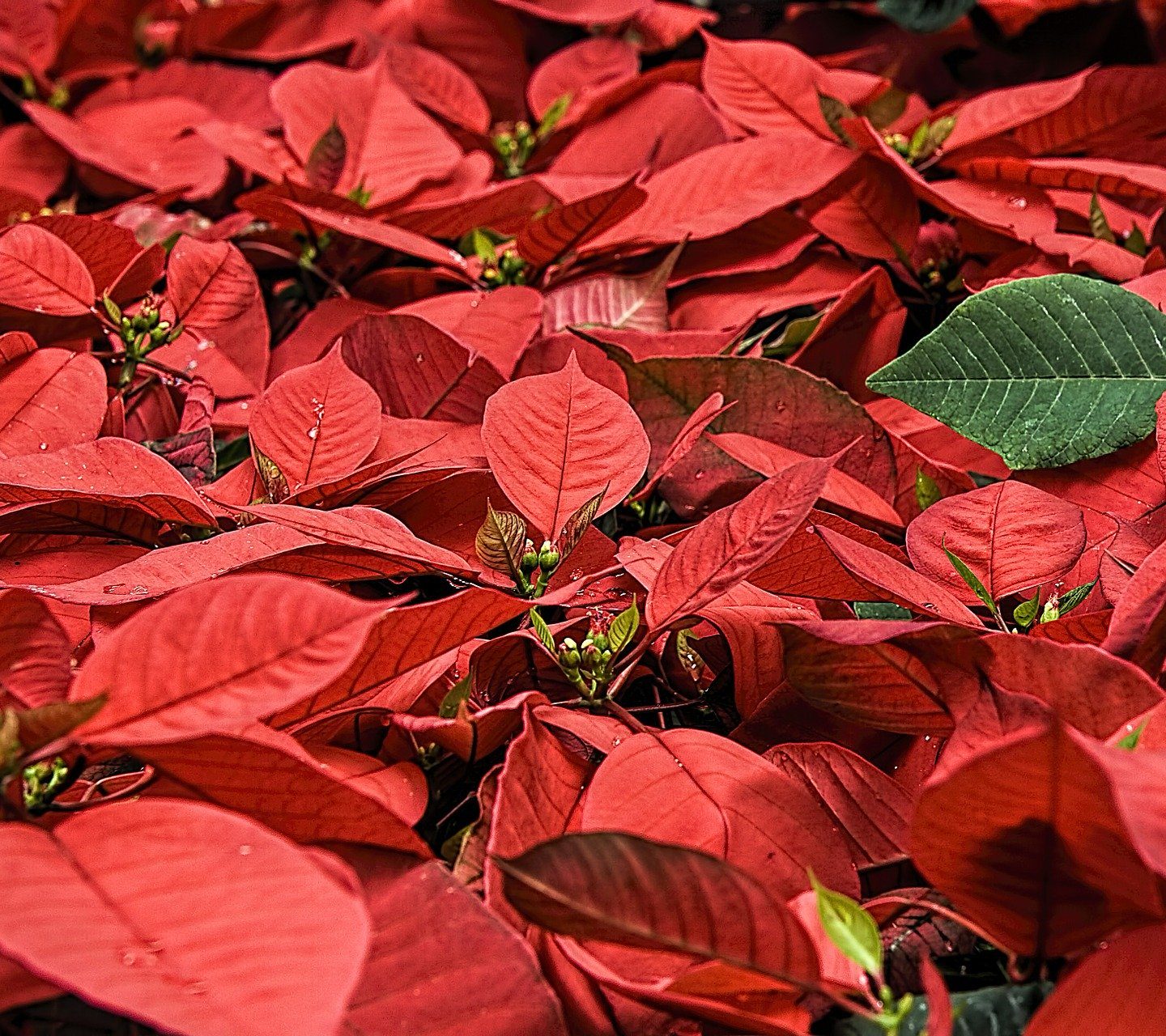Do you have some time off for Christmas and New Year’s? Expand your German vocabulary with this list of German words for the holiday season! From die Adventszeit to das Weihnachtsessen, here are some words you should know:
der Adventskalender
— The advent calendar. These are available in stores starting in early November, and traditionally contain chocolate or small toys.
der Adventskranz
— the advent wreath. This type of wreath generally sits on a table, and families light a candle each Sunday leading up to Christmas.
die Adventszeit
— the advent season, which starts on the fourth Sunday before Christmas.
anstoßen
— to toast. Normally, one says Prost! (“cheers”), but on New Year’s Eve Frohes neues Jahr! may be more appropriate.
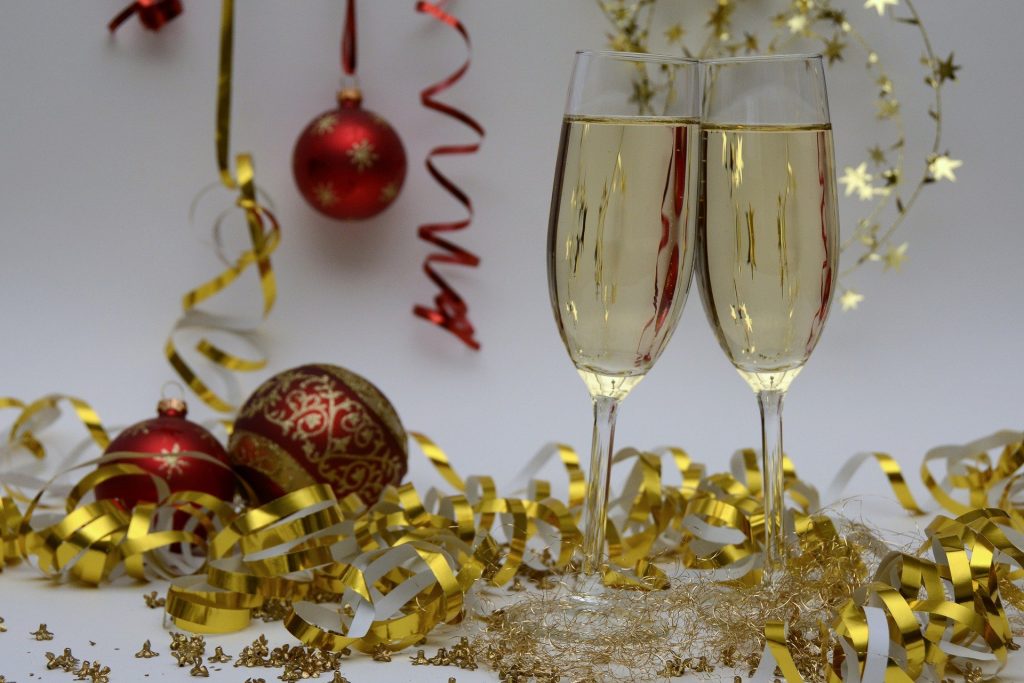
die Bescherung
— the exchange of presents. Generally, this occurs on Christmas Eve for most German families.
der Böller
— the firecracker. Although there are public displays of fireworks on New Year’s Eve, many people also shoot off their own!
das Feuerwerk
— the fireworks — Achtung! This word is generally expressed in the singular in German and plural in English.
die Gans
— the goose — As you might know, this is the centerpiece of a traditional German Christmas dinner.
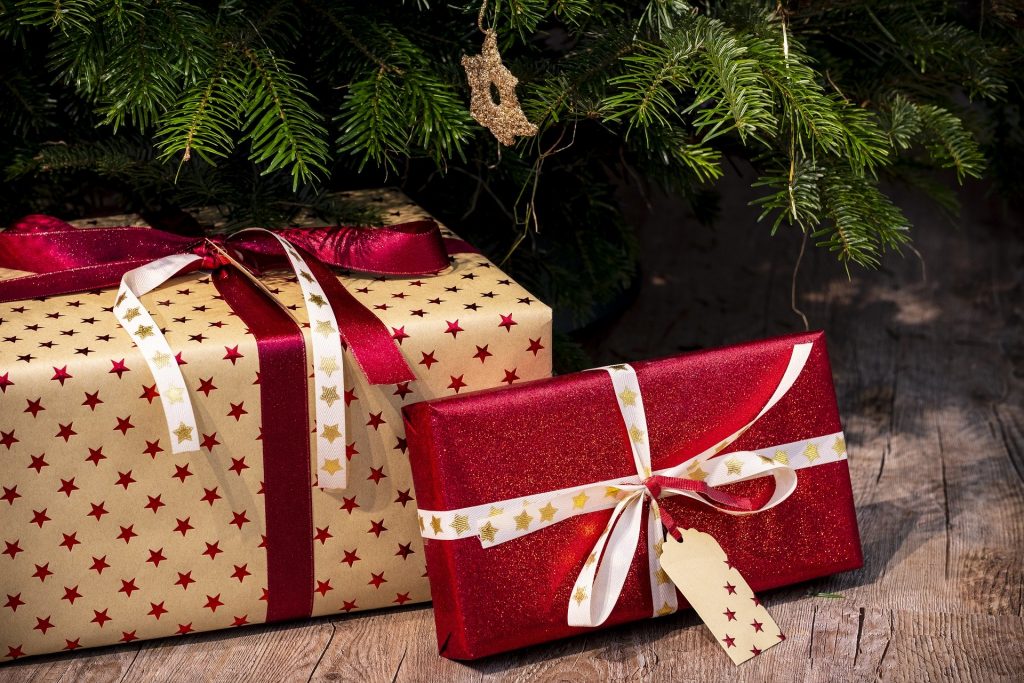
das Geschenk
— the present, the gift. You may also hear das Weihnachtsgeschenk.
der Glühwein
— mulled wine. The verb glühen actually means “to glow”!
der heilige Abend
— Christmas Eve. You may also hear or read der Heiligabend.
das Krippenbild
— the nativity scene, or creche.
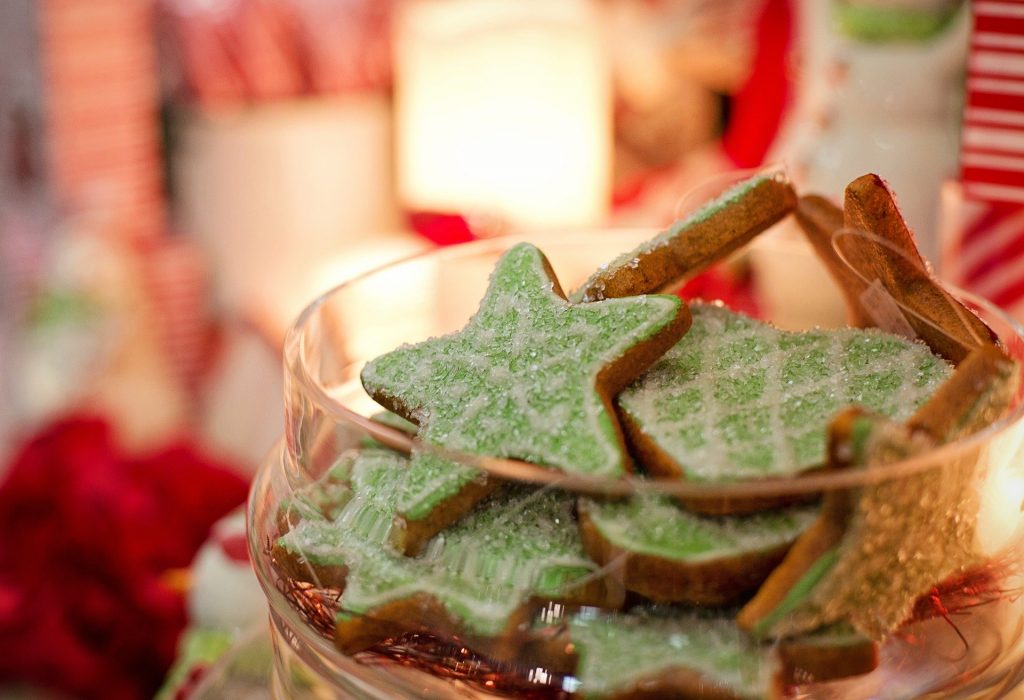
der Lebkuchen
— the gingerbread. Gingerbread in all forms can be found in German shops and bakeries throughout the advent season.
der Neujahrsvorsatz
— the New Year’s resolution. You can also just say der Vorsatz or die Vorsätze.
der Nikolaustag
— Saint Nicholas’ Day. This is a different holiday than Christmas, and takes place on December 6th.
das Plätzchen
— the cookie. Of course, you will be more likely to hear the plural form, die Plätzchen. It is typical in Germany to serve Weihnachtsplätzchen decorated with icing and sprinkles.
schenken
— to give
den Weihnachtsbaum schmücken
— to decorate or trim a Christmas tree. You can also say den Weihnachtsbaum verzieren.
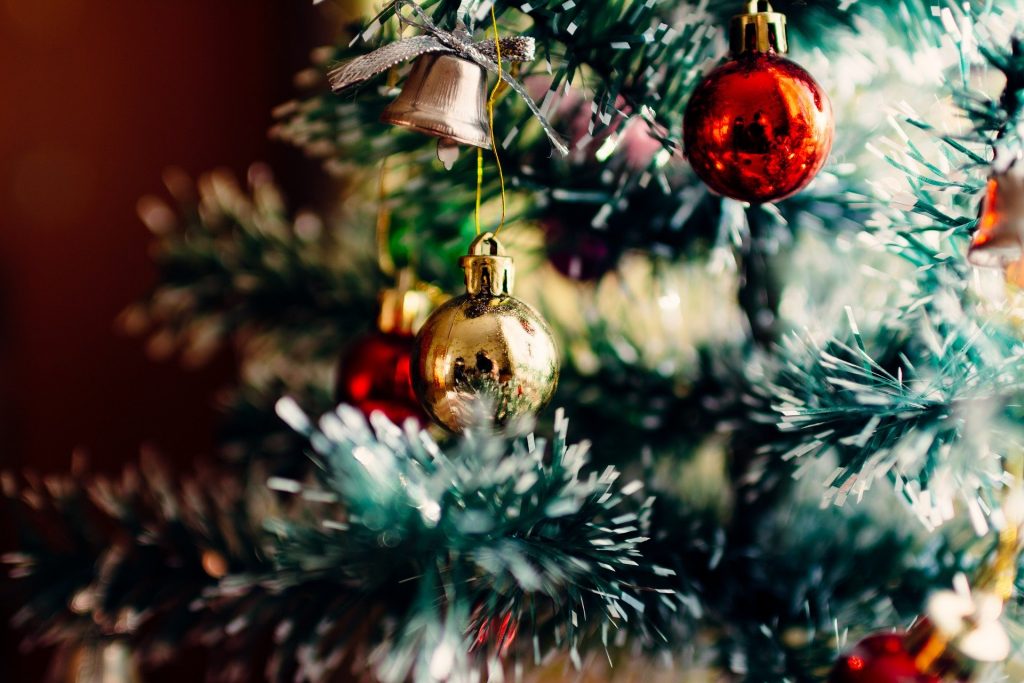
der Silvester
— New Year’s Eve, the night of January 31st.
der Stollen
— a traditional German Christmas cake. Stollen are dense loaves containing raisins, dried fruit and/or nuts, and sprinkled with powdered sugar.
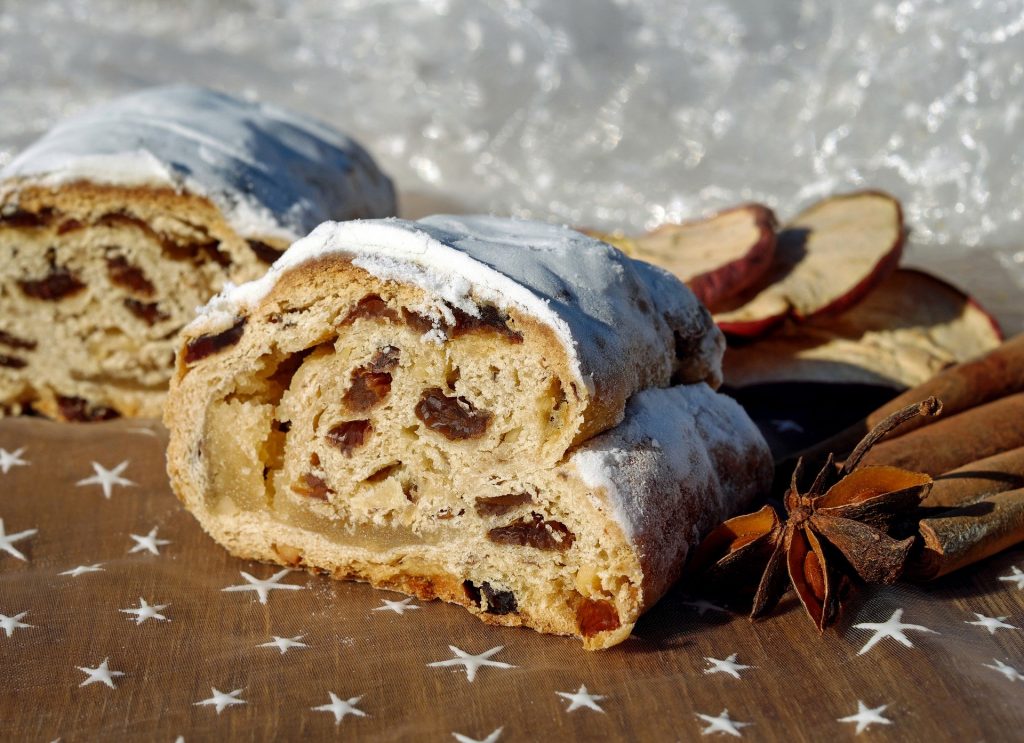
der Tannenbaum
— the fir tree, also used to denote a Christmas tree.
das Weihnachten
— Christmas
der Weihnachtsbaum
— the Christmas tree
das Weihnachtsessen
— the Christmas meal, which often takes place in the late afternoon or early evening on the 25th.
das Weihnachtslied
— the Christmas carol
der Weihnachtsmarkt
— the Christmas market. Weihnachtsmärkte are one particularly lovely part of Christmas in Germany.
Continue Expanding your Vocabulary with Yabla!
Do you want to continue to expand your German beyond vocabulary for the holiday season? A Yabla subscription can help you start the year off right! With Yabla, you can discover a new world through videos currently circulating in German-speaking countries. Our range of videos, all featuring native speakers, includes news reports, music videos, movies, documentaries, interviews, TV shows, lessons, and much more.
Learn German with the help of interactive subtitles, vocabulary reviews, comprehension questions, and dictation exercises — and go on your own language-learning journey with Yabla.
Yabla offers you the possibility of learning at your own pace and through videos pertaining to your interests. Expand your horizons by learning the most spoken language in the European Union.
